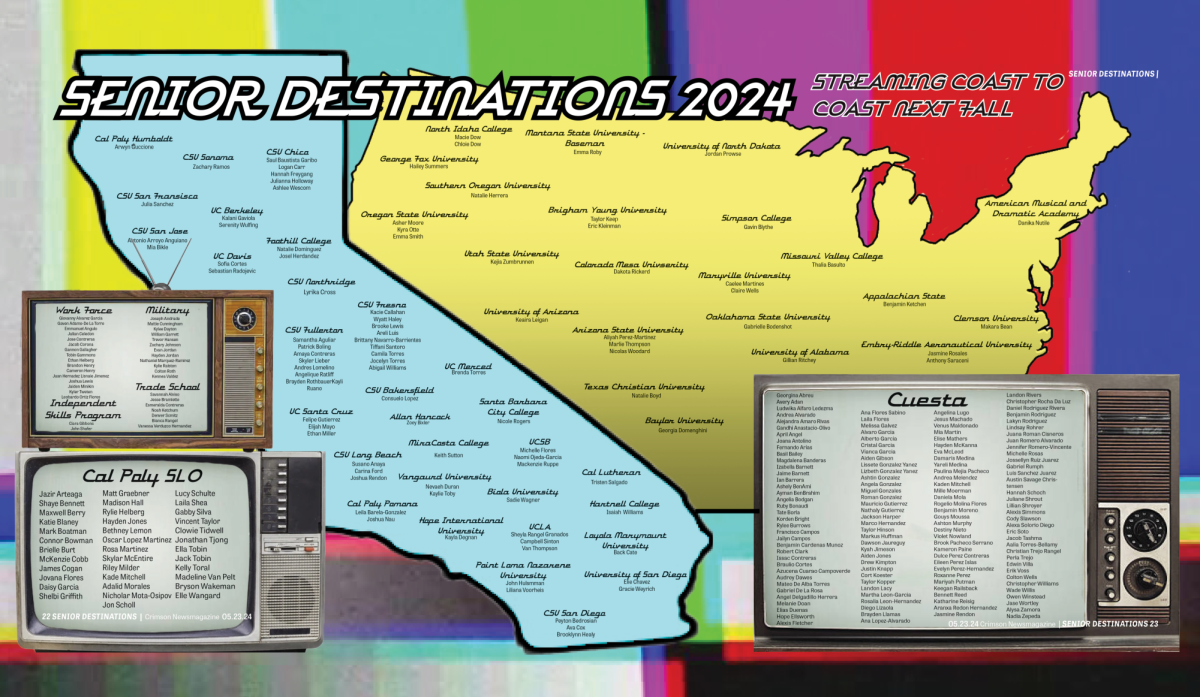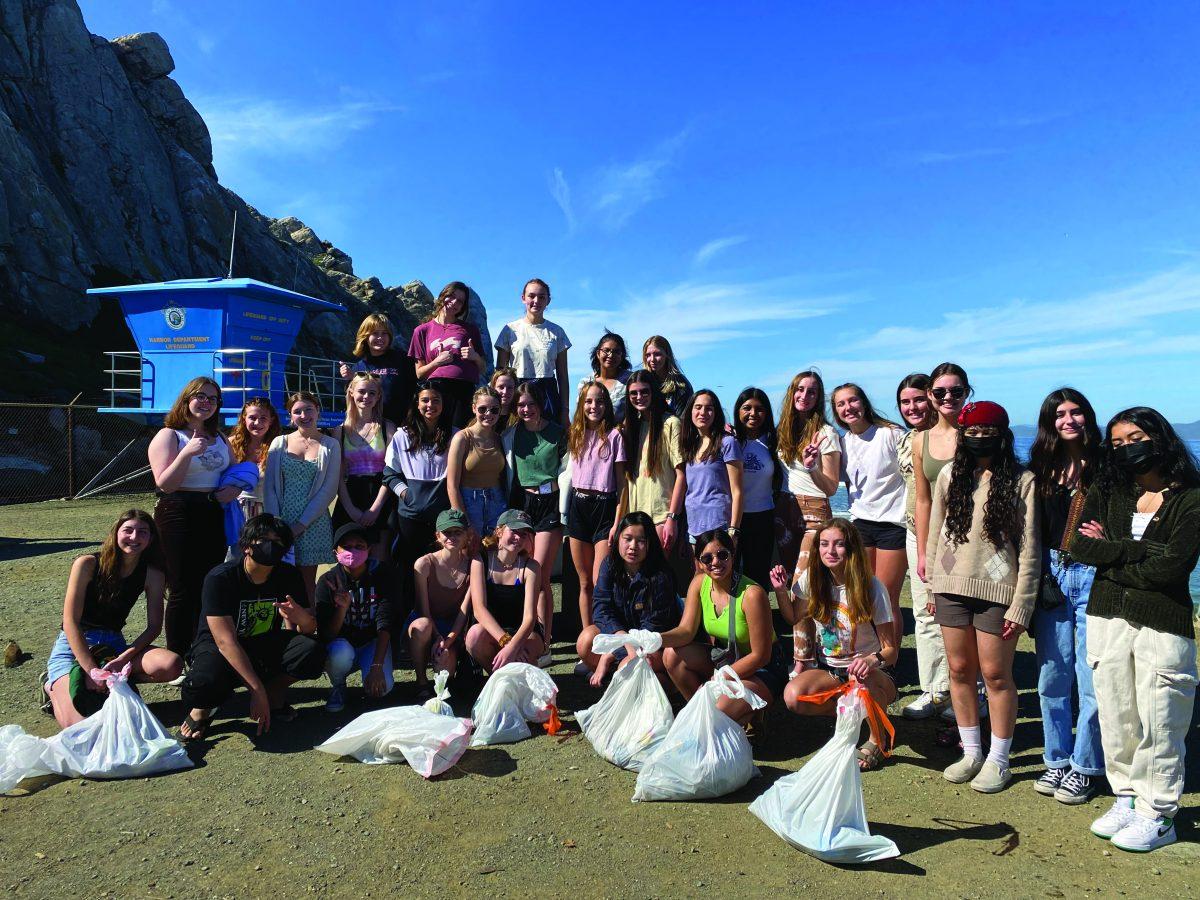With the new dress codes sparking controversy at PRHS and student representatives claiming they can’t just buy a new wardrobe to fit the standards, some might be tempted to turn to fast fashion as a cheaper new way to buy trending clothes.
Around the 1990s fashion companies realized if they could produce cheap, trendy, and disposable clothes people would just buy more than they really needed.
This is the business model known as “fast fashion.”
Zara, founded in 1975 in Spain, was one of the early adopters of this business model. They focused on getting new styles from the sketchbook onto shelves as quickly as possible to capitalize on new trends.
Due to this business push on consumers, a study in 2015 found the average number of times a garment is worn before it ceases to be used has decreased by 36% compared to 15 years ago, according to “New Textiles Economy: Redesigning Fashion’s Future.” Additionally, research has shown clothing production almost doubled over the last 15 years.
If society doesn’t stop this downward spiral of the overbuying and underutilization of clothing, many are concerned the effects on the environment will continue to get worse and quality, long-lasting clothing will be a thing of the past.
Nearly 60% of PRHS students are aware of what fast fashion is, and 52% own clothes from these brands. With over 50% saying they purchased fast fashion because they were cheap and/or had cool designs.

“They (fast fashion companies) cater to micro-trends,” sophomore Milo Wilson said. “And then it’s kind of out of fashion immediately, so you don’t want to wear it anymore and you throw it out.”
The survey showed that 34% of students never wear the clothes anymore that they have previously bought from fast fashion brands.
Wilson thinks the PRHS program The Crimson Closet run by Ava Cox, Campbell Sinton, Audrey Dawes, and overseen by teacher BreAnne Overton is “really great. And there’s likesome good clothes in there,” she said.
Once a week during the tutorial period students can get a pass to Bearcat Hall where racks of used donated clothesline the walls. Students are allowed five free articles of clothing.
Junior Sean Pailma brought up the idea that fast fashion reveals an underlying problem in our generation with a lack of commitment and forward-thinking.

“Our generation is deteriorating,” Pailma said. “We can’t figure out what kind of clothes we want and what we can wear in the next couple years.”
Junior Divy Emmons openly admitted, “A lot of things in my closet I feel like I’ve only worn a few times,” which leads her to the point: “it’s a good thing to think about what do you need and actually wear in your closet.”
According to experts at “The Global Environmental Injustice of Fast Fashion”, the consumer could spend their money from more reputable brands with transparent supply chains, buy second-hand clothing, use the clothing they own for longer, and adopt the mindset that less is more.
“It’s really bad, but also it’s just like such a part of our world today that it’s like so hard to get rid of,” Emmons said.













